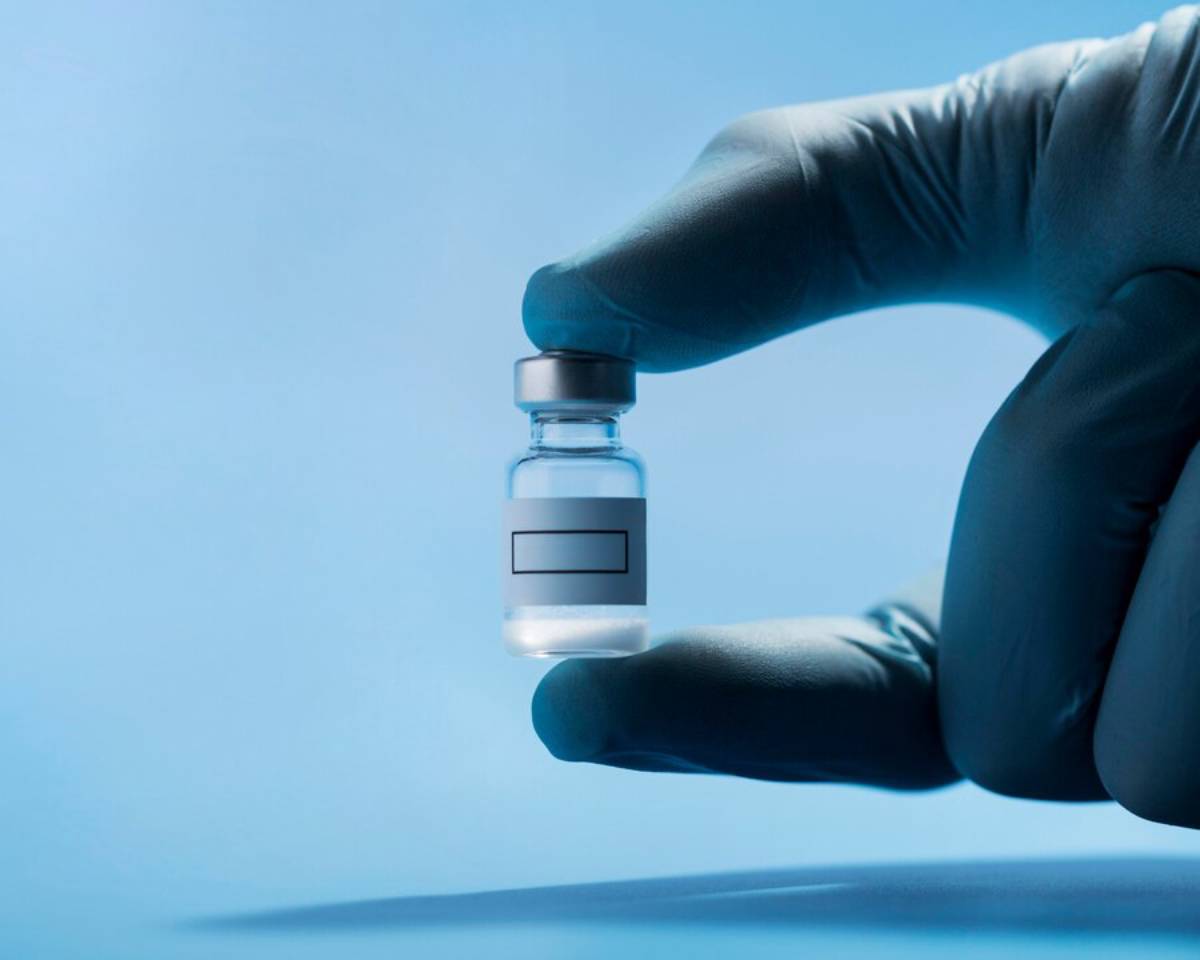
mRNA Vaccine Innovations: What’s Next?
mRNA vaccines are a major breakthrough in immunology and vaccine development. The fast development and launch during the COVID-19 pandemic changed how we prevent infections. But as the dust settles on this initial success, the question arises: what’s next for mRNA vaccine innovations? This blog looks at the future of mRNA vaccines. It discusses potential advancements and challenges. It also explains what this means for immunology research and biotech vaccines.
The significance of mRNA vaccines cannot be overstated. They mark a change from old vaccine methods. They provide a quicker and more flexible way to make vaccines. This adaptability is crucial in a world where new pathogens can emerge rapidly, threatening global health. Many people still misunderstand mRNA vaccines. They worry about safety and long-term effects. This article will clear up those concerns.
Key Benefits / Why It Matters

The Potential of mRNA Vaccines
The potential benefits of mRNA vaccines extend far beyond the immediate impact seen during the pandemic. One of the most significant advantages is their ability to be rapidly developed and modified. mRNA vaccines are different from traditional ones. They can be designed and made in just weeks, while traditional vaccines often take months or years. This speed is key for tackling new infectious diseases. It helps ensure a quick and effective public health response.
Moreover, mRNA vaccines are highly adaptable. The technology is easy to adjust for different pathogens. This makes it a useful tool in fighting infectious diseases. This flexibility helps us prepare for pandemics. It also aids in tackling tough diseases like HIV and malaria, which traditional vaccines struggle to fight.
Real-World Applications and Data-Backed Insights
The real-world applications of mRNA vaccines are already being explored in various fields. For instance, research is underway to develop mRNA vaccines for cancer treatment. These vaccines work by encoding cancer-specific antigens. This can help the immune system learn to recognise and attack tumours. This approach marks a big step forward in cancer immunotherapy. It brings hope for better and more personalised cancer treatments.
Data from clinical trials and real-world studies have demonstrated the efficacy and safety of mRNA vaccines. The Pfizer-BioNTech and Moderna COVID-19 vaccines work well. They prevent severe illness and lower the chance of spreading the virus. These findings support more research and development. They boost confidence in mRNA vaccines’ ability to tackle various health challenges.
Additional Expert Tips & Common Mistakes to Avoid
Best Practices for mRNA Vaccine Development
Creating mRNA vaccines requires a clear grasp of the technology and basic immunology. One best practice is the careful selection of the antigen target. The success of an mRNA vaccine depends largely on the choice of antigen, as it must elicit a strong and specific immune response. Researchers need to think about how to deliver mRNA. It is unstable, so it needs a protective system to reach target cells effectively.
Another critical factor is the optimisation of the mRNA sequence. This means changing the mRNA to make it more stable and help it work better. This way, it can create enough antigens to spark an immune response. Technical details are key for developing mRNA vaccines. They need expert knowledge and precision.
Common Mistakes and Misconceptions
A common mistake in mRNA vaccine development is not valuing the delivery system enough. Lipid nanoparticles are key for keeping mRNA stable and delivering it. Problems with this system can reduce the vaccine’s effectiveness. Researchers need to optimise the delivery method for each mRNA construct and its target group.
Some people have misconceptions about the safety of mRNA vaccines. They worry about possible side effects and long-term effects. mRNA vaccines do not change your DNA. Their parts break down and leave your body quickly. Ongoing research shows that mRNA vaccines are safe. This finding helps reassure the public.
Advanced Insights / Expert Recommendations
Exploring New Frontiers in mRNA Vaccine Technology
mRNA vaccine technology is always changing. Researchers are looking into new ways to boost its potential. One area of interest is the development of self-amplifying mRNA vaccines. These vaccines have extra sequences. They help the mRNA replicate inside cells. This may boost antigen production and improve the immune response. This method may create better vaccines that need smaller doses. This can lower costs and make them easier to access.
Another promising development is the use of mRNA vaccines in combination with other vaccine platforms. Researchers can use different technologies to build stronger and better vaccination strategies. Combining mRNA vaccines with protein-based vaccines can boost the immune response. This mix may provide better protection against complex pathogens and improve durability.
Unique Industry Perspectives and Lesser-Known Insights
Experts stress that working together and being creative are key to improving mRNA vaccine technology. Biotech firms, schools, and government groups teamed up to quickly make mRNA vaccines during the pandemic. These partnerships have made it easier to share knowledge, resources, and skills. This speeds up innovation.
There’s also more interest in mRNA vaccines for uses beyond infectious diseases. Researchers are looking into how they can help with non-communicable diseases. These include autoimmune disorders and allergies. mRNA vaccines can change the immune response. This could lead to new treatments for these conditions and improve global health.
Looking Ahead: The Future of mRNA Vaccine Innovation

In conclusion, the future of mRNA vaccine innovations is bright, with exciting possibilities on the horizon. mRNA vaccines are adaptable, fast, and effective. These traits make them a strong weapon against infectious diseases and more. As research and development progress, it is important to clear up common misunderstandings. This way, the public stays informed and confident about the safety and potential of the technology.
Immunology researchers and biotech vaccine developers face a big challenge. They must keep pushing the limits of what’s possible. This means exploring new uses and improving current technologies. Teamwork and new ideas are vital for realising the full potential of mRNA vaccines. They bring hope for a healthier and stronger future.
Looking ahead, we must stay open to new ideas. mRNA vaccines have the potential to change healthcare. Let’s embrace this opportunity. No matter if you are a researcher, healthcare worker, or just curious about new vaccine tech, there’s a lot to be excited about. The journey of mRNA vaccine innovations is just beginning, and the possibilities are endless.


